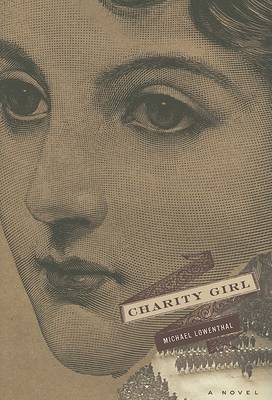Reviewed by gmcgregor on
She's committed no crime, but neither she or the other girls she's detained with (some prostitutes, some, like Freida, "charity girls" who don't sell their bodies but have offered their company to men who take them out) are sophisticated enough players to work the system. While there, the girls are treated for their STDs (this is the pre-antibiotic era, so those treatments are on the harsh side), as well as proselytized to about leaving behind their "scandalous" ways. There is a social worker who offers her help to Freida, and she never loses hope that Felix does care for her and will effectuate her release. She does eventually leave the home, but I'll leave the how for anyone who wants to read to discover.
Let's start with the good things about this book. First of all, it introduced me to a part of American history I'd never even heard of. That the military members who were as often as not the source of the diseases the girls had were able to get treatment and move on with their lives while the women were subjected to indefinite detention (sometimes followed by criminal prosecution)...is, honestly, not all that surprising, unfortunately. But it was definitely something entirely new to me, and I'm glad I read it and found out more. I actually thought Lowenthal did a fairly good job with Freida's characterization (she's kind of wishy-washy and prone to flights of fantasy, but she's a 17 year-old girl who was sheltered for most of her life), and I appreciated that he surrounded her with a relatively diverse cast of characters.
But it wasn't really a very good book at the end of the day. Frieda might have been a well-drawn character, but as a protagonist, she was more irritating than not. The other girls she lived with might have been diverse, but they were all pretty flat. As soon as you find out than one of them is pregnant, it's obvious that there's going to be a botched abortion, because along with the helpful social worker turning out to be a predatory lesbian (yikes) who turns her back on Freida when she discovers that she's still infatuated with Felix, that's just the kind of story this is. I never really felt like the stakes were that high or got invested in the story. The writing is fine, but unspectacular. Unless you have a particular interest in this time period, I'd say that this is skippable.
Reading updates
- Started reading
- 16 August, 2017: Finished reading
- 16 August, 2017: Reviewed
